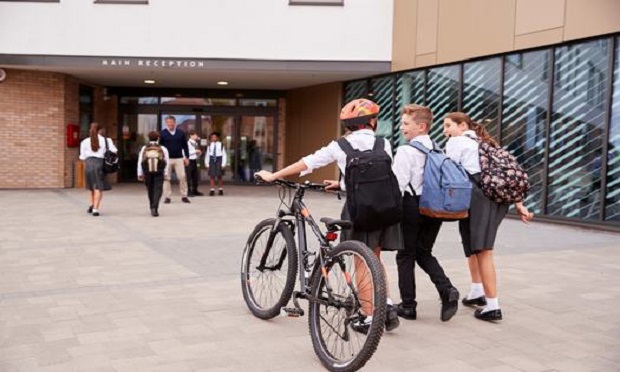

Re-reading educational policy and practice in small states: Issues of size and scale in the emerging “intelligent society” and economy. National Human Resource Development Plan. The Journal of Modern African Studies, 19(1), 75–105. The Private Secondary Schools Authority Act 1976. Scales of justice: Reimagining political space in a globalizing world. Epistemologies of the south: Justice against epistemicide. New York: Taylor & Francis e-Library.Ĭhooneea, S. Interdisciplinary Political and Cultural Journal, 14(1), 5–21.Ĭhapman, G. Moving beyond Edward said: Homi Bhabha and the problem of postcolonial representation. Akademi Kreol Morisien, Ministry of Education and Human Resources. Multilingual communication and language acquisition: New research directions. Rose-Hill: Editions de l’Océan Indien Ltée.Ĭanagarajah, A. Confronting the shadow education system: What government policies for what private tutoring? Paris: United Nations Educational, Scientific and Cultural Organization (UNESCO) Publishing, International Institute for Educational Planning (IIEP). Education – Elections Legislatives (generales) – General (National Assembly Elections) -Elections – tableau comparatif-Comparaison-Comparison: Government Programme- Programme Gouvernemental Alliance de l’Avenir (PTR-MSM-PMSD) versus Alliance du Coeur (MMM-UN-MMSD). Journal of Childhood Literacy, 13(1), 52–97.īouzermaurice Mauritius. Exposing pre-schoolers to the printed word: A case study of preschool teachers in Mauritius. International Journal of Multilingualism, 9(3), 235–256.Īuleear-Owodally, A. Juggling languages: A case study of preschool teachers’ language choices and practices in Mauritius. State House: Presidency of the Republic of Mauritius.Īuleeaar-Owodally, A. Etude pluridisplinaire sur l’exclusion à Maurice. in progress, University of KwaZulu-Natal, Durban, South Africa.Īsgarally, I. Teacher agency: A case study of Mauritius. Paper presented at the South African Educational Research Association Conference, Pretoria, South Africa, 22–24 October 2018.Īppadoo-Ramsamy, W. Relocating social justice in the policy-pedagogy-research nexus: Insights from the Mauritian language-in-education policy. KeywordsĪnkiah-Gangadeen, A., & Nadal, P. Furthermore, we question whether, through their partners, national state authorities can activate the required epistemic and practical resources to enact policy change and implementation that is the product of creativity, innovation, and research informed critique. We analyze Mauritius’ polyglot schooling typologies and structures, shifting curriculum, language educational policy options, and ICT choices as a strategic educational lever for development and offer a historical theoretical lens for the construction of Mauritius as a SIDS. It argues that while policy construction initially involved alignment with advice and directives from multinational organizations that exported their preferred conceptions of education and development to the island, over time, this agenda was challenged to become more inclusive of indigenously connected local resources.


Drawing on available (2018) official reports and policies of the Mauritian Government, especially the Ministry of Education and Human Resources, Tertiary Education and Scientific Research (MoEHRTESR), and the work of current doctoral students engaged with developing scoping reviews of the forces shaping Mauritius’ schooling system, this chapter showcases how this small island developing state (SIDS) has strategically renegotiated its connectivities with its local, regional, and global partners throughout its formative history. Developments in its educational landscape have thus been shaped by and resonate with historical and current experiences within the Southeast Asian region. It is a country of both Asian and African cultural, political, historical, and institutional connections.

Mauritius bears the hallmarks of being complementarily a country of eastern and western worldviews, ethnically, linguistically, and religiously borrowing traditions from its diverse heritages.


 0 kommentar(er)
0 kommentar(er)
